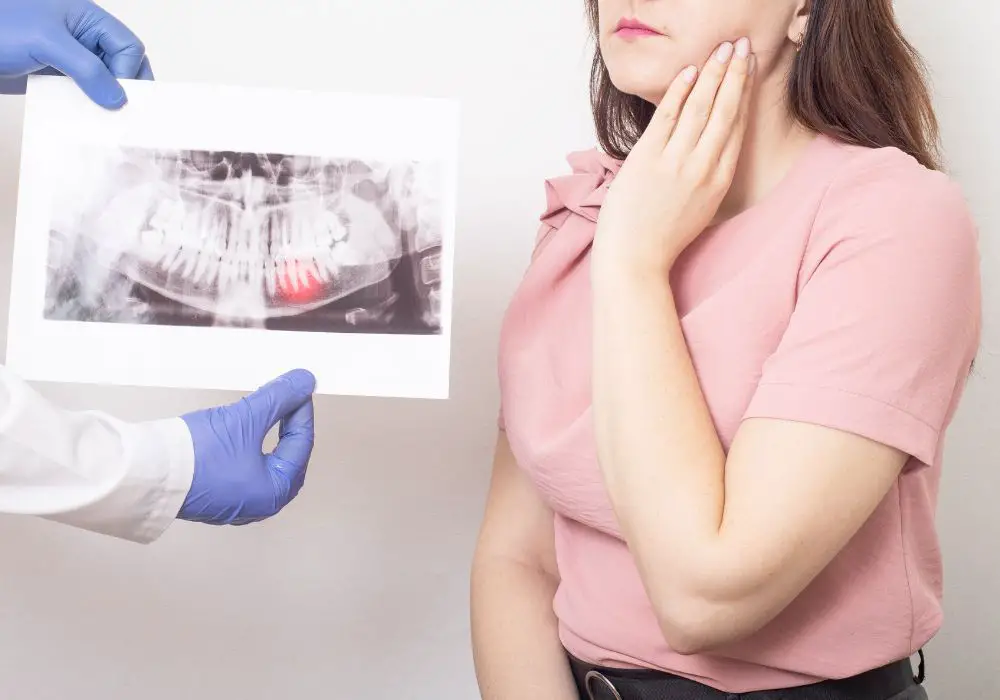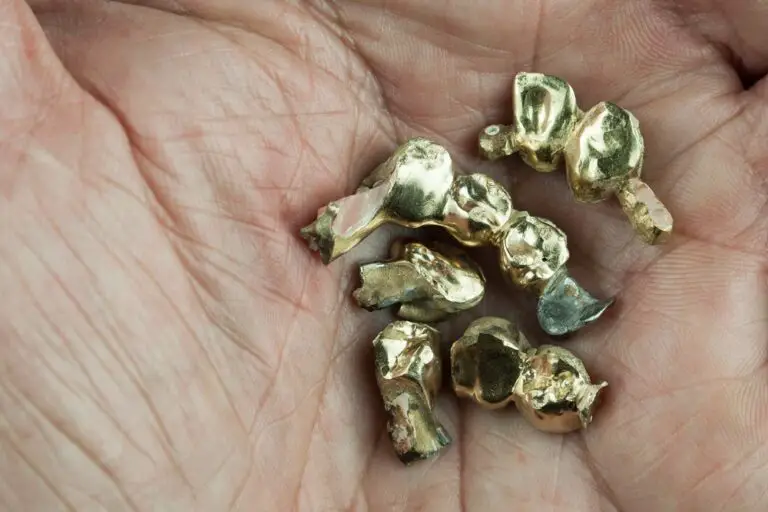Understanding wisdom teeth development
Wisdom teeth, also known as third molars, are the last set of permanent teeth to erupt in the mouth. They typically emerge between the ages of 17 and 25, which is why they are called “wisdom” teeth – they come in as a person gains more wisdom in life.
However, some people may develop wisdom teeth earlier or later than the average age range. So, is it possible for wisdom teeth to emerge at age 14?
The short answer is yes, wisdom teeth can sometimes erupt at age 14 or even younger. However, this is considered unusually early.
Typical wisdom teeth development timeline
Here is the typical timeline for wisdom teeth development:
- Ages 9-12 years – Wisdom teeth begin to form under the gums.
- Ages 12-16 years – The crown of the wisdom teeth starts to calcify as the teeth grow.
- Ages 17-21 years – Wisdom teeth start to emerge through the gums. This is known as teeth eruption.
- Ages 21-25 years – Wisdom teeth finish developing and fully erupt.
As you can see, wisdom teeth development starts in the pre-teen years. But full emergence through the gums rarely occurs before age 17.
Can wisdom teeth erupt early?
While uncommon, wisdom teeth can sometimes erupt earlier than expected:
- Ages 12-15 – In very rare cases, wisdom teeth may begin to erupt.
- Ages 16-17 – It is possible, but less common, for wisdom teeth to fully erupt.
Erupting between ages 12-15 is very unusual. By ages 16-17, wisdom teeth eruption is still ahead of schedule but more likely to occur than younger ages.
So in summary, it is possible for wisdom teeth to come in at age 14 or 15, but it is not typical.
Signs of early wisdom teeth eruption
Wisdom teeth usually do not suddenly appear overnight. There are signs that these teeth may be developing and moving to erupt early:
- Swollen or puffy gums – The gums around the back molars may appear swollen and puffy. This indicates wisdom teeth are growing and moving below the gums.
- Pain or discomfort – As wisdom teeth put pressure on surrounding areas, mild pain or discomfort may occur.
- Difficulty opening the mouth – The muscles may feel tight or it may be hard to open the mouth fully as teeth shift.
- Headaches – Headaches or jaw pain can sometimes happen as wisdom teeth grow and move.
- Bad breath – Partially erupted teeth are hard to clean, allowing bacteria buildup that causes bad breath.
If a pre-teen or teen is experiencing any of these symptoms, it may be a sign of early wisdom teeth development. Dentists can confirm with x-rays.
Dangers of early wisdom teeth eruption

Wisdom teeth erupting early, before age 17, can cause problems:
- Tooth misalignment – Early eruption may shift other teeth as wisdom teeth try to find room. This can affect bite alignment.
- Crowding – Wisdom teeth may start crowding adjacent teeth, causing pain or orthodontic issues.
- Inability to clean – Partially erupted wisdom teeth are very hard to clean and maintain good oral hygiene.
- Pericoronitis – Difficulty cleaning around partially erupted teeth can lead to infection of the gums surrounding wisdom teeth.
For these reasons, dentists often recommend removing wisdom teeth that erupt too early. Otherwise, bite problems or infection may result. Monitoring for proper oral care is also critical.
Should wisdom teeth be removed at 14?
If wisdom teeth have begun erupting by age 14 or 15, removal is often recommended.
The risks of early wisdom tooth eruption usually outweigh the benefits of keeping them. However, the decision depends on each person’s unique case factors:
Pros of wisdom teeth removal at 14
- Prevents crowding, misalignment, or bite changes from wisdom teeth pushing on other teeth
- Reduces infection risk from partially erupted or hard to clean wisdom teeth
- Allows for easier removal as roots may be less developed and jaw bones less dense
- Reduces need for orthodontic treatment later to correct bite issues from erupted wisdom teeth
Cons of wisdom teeth removal at 14
- Increased complications risk from anesthesia at younger age
- Potential for increased bleeding risk from less developed blood clotting factors
- Difficulty finding oral surgeons experienced operating on younger patients
- Possibility that space will reopen allowing teeth to shift; not a foolproof way to prevent crowding
Key factors in the decision
If considering wisdom teeth removal at 14 or 15, it is essential to:
- Have an oral surgeon experienced operating on adolescents do the extraction
- Discuss anesthesia risks fully with the surgeon before proceeding
- Weigh the likelihood of problems if allowing wisdom teeth to erupt early or fully
- Consider orthodontic treatment plans and how wisdom teeth may impact alignment
- Review risks versus benefits thoroughly with a dentist and oral surgeon
With the right specialists involved, removal can be the best option for some 14 year olds with erupting wisdom teeth. But monitoring without removal is also reasonable in many cases. The decision should be made carefully based on individual factors.
Here is a comparison table summarizing some key considerations around wisdom teeth removal at 14 versus later:
| Reasons to remove at 14 | Reasons to wait until older |
|---|---|
| Prevent tooth crowding/misalignment | Roots less developed, may reduce complications |
| Reduce infection risks from difficult to clean partial eruptions | Improved ability to clot, lower bleeding risk with age |
| Jaw bone density lower, may allow easier removal | More surgeons experienced operating on older teens/adults |
| Orthodontic treatment may be easier without erupted wisdom teeth | Wisdom teeth may still not fully erupt later |
Outlook for early wisdom tooth eruption

While rare, wisdom teeth can occasionally begin erupting as early as age 14 or 15. If this occurs, risks like misalignment, crowding, and infection go up significantly. Removing wisdom teeth at this young age is often recommended, but should be considered carefully based on benefits versus risks.
Not all early wisdom teeth need removal. But careful monitoring by a dentist is essential if the teeth are allowed to erupt early. Proper oral care and infection prevention must be priorities.
With proper precautions, early wisdom tooth development does not have to be problematic. But removal is usually the safer choice for most teens that show signs of eruption before age 16.
Frequently Asked Questions
Can wisdom teeth come in at 12 years old?
It is very rare, but possible in exceptional cases, for wisdom teeth to begin erupting as young as 12. This is extremely uncommon. It is more likely that wisdom teeth development is seen on x-rays by 12, but they have not yet started to emerge through the gums.
Do wisdom teeth hurt when they first come in?
As wisdom teeth begin pushing through the gums, it is common to have some mild pain or soreness. Severe throbbing pain is less typical for initial eruption, but can happen if teeth become impacted or infected. Using over-the-counter pain relievers and saltwater rinses can help relieve discomfort.
Can a dentist tell if wisdom teeth are coming in early?
Yes, a dentist can usually determine if wisdom teeth may erupt sooner than normal. Tell-tale signs on x-rays like enlarged follicles around developing teeth can indicate early eruption. Dentists will also look for visible signs like puffy gums or swelling around back molars.
Does getting wisdom teeth out too early cause problems?
If removed when there is no medical reason before late teens, removing wisdom teeth very early can occasionally allow the remaining teeth to shift. This tooth migration is not guaranteed to happen, but it is a reason some dentists advise monitoring early-erupting wisdom teeth until growth is complete.
Can wisdom teeth negatively affect other teeth?
Yes, wisdom teeth that erupt early or crowd other teeth can cause problems like misalignment of the bite, damage to adjacent teeth, and increased risk of cavities or gum disease if teeth are hard to clean. That’s why dentists often monitor or remove wisdom teeth that appear to cause issues.






